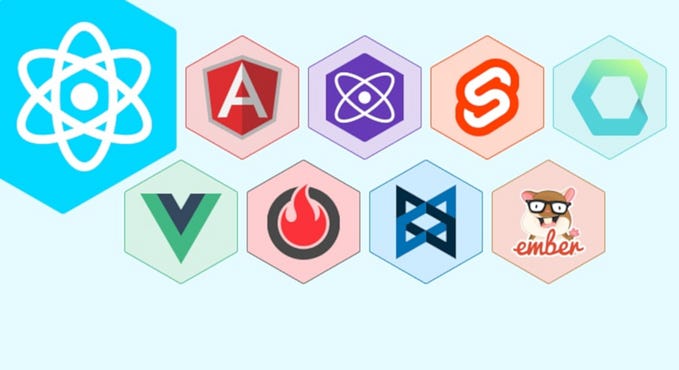Member-only story
Understanding Generics in C#
A Comprehensive Guide to Reusable, Type-Safe, and Flexible Code

When I started my coding journey in C# and learned to create projects, I always wondered if we could define classes and methods without specifying exact data types.
I got this answer when I came across Generics. This is a powerful feature in C# that allows devs exactly what I was wondering.
Web developers must always try to reusable code instead of repeating the same code multiple times — saves time, and code becomes efficient and maintainable.
What are Generics?
So technically, generics is like a placeholder where you can define your classes, methods, or even interfaces without worrying about the type of the code until it is instantiated or invoked.
What’s best thing is, you can work with different data types without duplicating your code.
For example, consider a non-generic ArrayList:
ArrayList list = new ArrayList();
list.Add(1);
list.Add("hello");
list.Add(3.14);What happens here is that ArrayList will allow you to store any data type — which is flexible, but what you need to understand here is that it is prone to runtime errors.
Do you know what will happen if you try to retrieve a value of the wrong type? — It will result in an exception. And this is an unwanted situation that any dev wants to tackle.
In such cases, we can take the help of generics. It eliminates this problem by ensuring type safety at compile time.
List<int> list = new List<int>();
list.Add(1);
// list.Add("hello"); // This will cause a compile-time error.So as you can see, I have used int type and if I try to add a string type into this list, I would receive a compile-time error.
Let’s look at some advantages generics has to offer:
- Generics ensures that any data type mismatch is resolved at compile time itself, rather than resolving at runtime.
- Generics avoid boxing and unboxing which reduces overhead and improves performance.
- It reduces code duplication.









